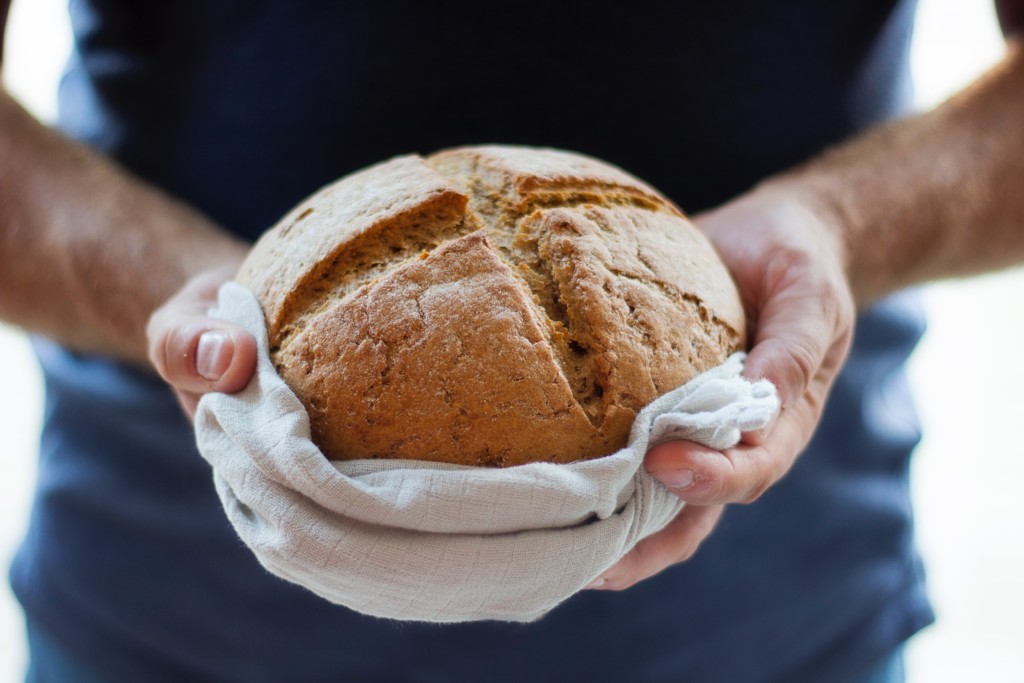
A recent study was published claiming that gluten sensitivity doens’t exist. Not surprising, I received several requests from friends and patients asking me to comment on the findings. This blog article is not about debunking the study. I simply wish to educate people about this health issue and what the results actually mean.
To sum up the study, researchers found that patients who reported suffering from non-celiac gluten sensitivity (NCGS) had symptoms on both the high-gluten and non-gluten diet. This made news headlines that ‘gluten sensitivity is all in your head’. They concluded that FODMAPS (Fermentable Oligo-Di-Monosaccharides and Polyols) are far more likely cause of the gastrointestinal problems than gluten. When patients were instructed to follow a low-FODMAP diet, the majority experienced significant improvement in their symptoms.
The Link Between Fodmaps and Gluten
However, this is where it gets a tad confusing. In fact, major dietary sources of FODMAPs include gluten-containing grains such as barley, rye and wheat. Therefore, it is likely the combination of a low FODMAP/gluten-free diet that alleviates symptoms of irritable bowel syndrome (IBS). Hence, gluten is not the only culprit when it comes to digestive issues. In fact, following a low FODMAP diet can be extremely effective for reducing debilitating pain, gas and bloating associated with IBS. As we begin to learn more and more about the physiological and psychological causes of IBS, simply villainizing gluten without proper investigation is not the best answer.
My Personal Experience with NCGS
I will begin with a disclosure that I am someone who suffers NCGS. In 2010, my physiotherapist recommend I see a Naturopathic Doctor (a what?!?) to deal with some ongoing health issues. He put me on an strict elimination diet and within two weeks my digestive issues and eczema cleared. I re-introduced gluten, and the intense stomach pains and itchy skin came back. As well, gluten was extremely high on my IGG Food Sensitivity Test, and I tested ‘weak positive’ for celiac disease. That was enough evidence for me.
You can sense my frustration, anger and embarrassment when people assume I’m gluten-free because ‘I’m on a diet’, ‘I’m a picky eater’, ‘I’m high maintenance’ or ‘I’m only gluten-free because my best friend is’. These are all comments that people have said straight to my face in the past. Seriously. There was a time in my life when I dreaded going out to dinner with friends. I hated being that person who had food issues. I would even call the restaurant to avoid asking the waiter questions. Then I started to just not give a f#$%. I realized this is my health and I don’t care what others think if me.
On a lighter note, there are many people who are gluten-free for no real reason, and don’t even know that gluten is! Check out this Jimmy Kimmel Video for a good laugh.
So what does this all mean? Gluten-free is very trendy these days and I’m sure there is a good percentage of people on a gluten-free diet who don’t need to be. On the other hand, I do personally appreciate this current trend because it makes grocery shopping and dining out much easier and less stressful.
Gluten-Free Does Not= Healthy
If you believe eating gluten-free will lead to weight loss, think again. For many years, going gluten-free meant cutting out cake, cookies, breads, and pasta from your diet. Now there is gluten-free everything, including donuts. A donut is still a donut, and this does not make them healthy or calorie free. In fact many gluten-free breads contain zero fibre, have much more sugar, and are way more expensive than regular bread!
If going gluten-free makes you feel better mentally and physically, then it’s probably not all in your head. I recommend working with a licensed Naturopathic Doctor before going gluten-free to accurately diagnose and treat the cause of your IBS. This is especially important if you are being tested for celiac disease; inadequate gluten intake (<2.5 grams/day) can lead to a false negative result. Once celiac disease has been ruled out, the next step should involve a strict elimination of gluten with re-introduction to assess for NSGS. Gluten likes to hide in random places (oh hey soy sauce) and a true elimination diet requires the help of a regulated health professional. Depending on the case and if multiple food sensitivities are suspected, Naturopathic Doctors can also run IGG food sensitivity tests. One groundbreaking study found significant improvement in patients suffering from IBS who eliminated foods based on their IGG food test.
Living Gluten-free
Turns out you have a gluten sensitivity, now what? I do not recommend buying gluten-free products from the grocery store for the reasons I mentioned above. Instead try substituting with healthier ingredients. Think zucchini or carrot noodles, cauliflower pizza crusts, swiss chard wraps, and almond/coconut flour for baking. If you have more questions about going gluten-free or dealing with digestive issues, my complimentary consult is for you.
Happy Eating

